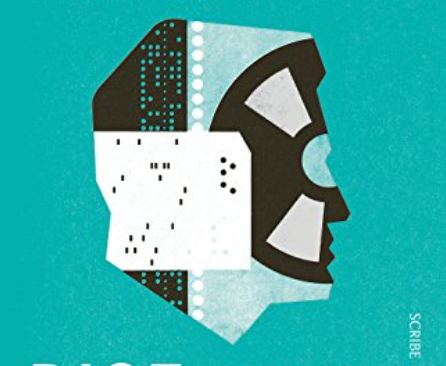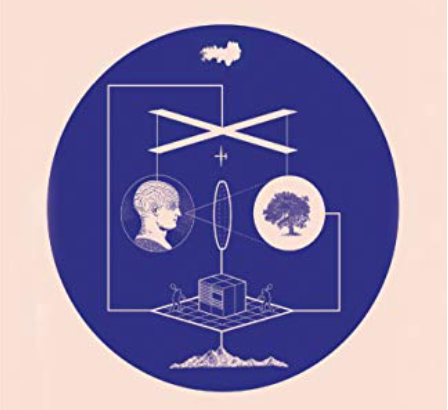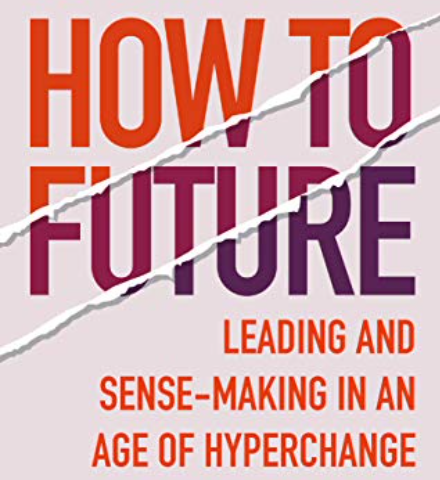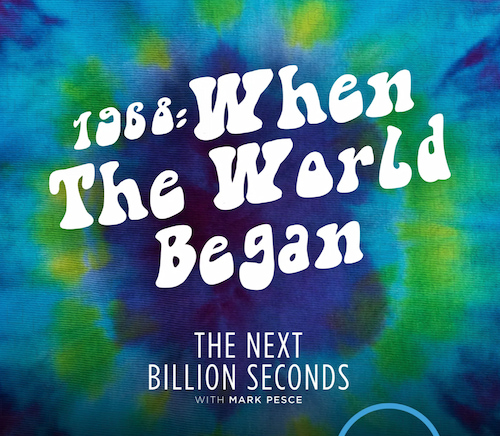To prepare yourself to get the most out of the Cybernetic Academy, we’ve prepared a short reading/listening list.

Made by Humans
Ellen Broad
Who is designing AI? A select, narrow group. How is their world view shaping our future? Made by Humans explores our role and responsibilities in automation. Roaming from Australia to the UK and the US, elite data expert Ellen Broad talks to world leaders in AI about what we need to do next. It is a personal, thought-provoking examination of humans as data and humans as the designers of systems that are meant to help us.

Rise of the Machines
Thomas Rid
As lives offline and online merge even more, it's easy to forget how we got here. Rise of the Machines reclaims the spectacular story of cybernetics, a control theory of man and machine. In a history that unpacks one of the twentieth century's pivotal ideas, Thomas Rid delivers a thought-provoking portrait of our technology-enraptured era.

Atlas of AI
Kate Crawford
In Atlas of AI: Power, Politics, and the Planetary Costs of Artificial Intelligence Crawford reveals how the global networks underpinning AI technology are damaging the environment, entrenching inequality, and fueling a shift toward undemocratic governance. She takes us on a journey through the mining sites, factories, and vast data collections needed to make AI "work"—powerfully revealing where they are failing us and what should be done. While technical systems present a veneer of objectivity and neutrality, Crawford shows how they are designed to serve and intensify existing systems of power. Drawing on a decade of original research, she shows how the new infrastructures of AI reflect the beliefs and perspectives of a small group of people and serve the interests of the few at the expense of the many.

How to Future
Scott Smith with Madeline Ashby
How to Future builds on over a decade of experience translating the approaches of foresight—envisioning possible futures through a structured process—into a flexible, design- and innovation-friendly approach which can be used for forging better futures. This book doesn't predict the future—it provides tools and practices that enable better understanding of possible futures and their impacts, and how to prototype ideas that engage others in these futures. It also describes how to tie these ideas to strategy, think about impact, and cultivate habits of everyday futuring.

1968: When the World Began
Mark Pesce & Genevieve Bell
On the 9th of December in 1968, Douglas Engelbart gave the 'Mother of All Demos'—the most important hour in the history of computing, one that drew back the curtain on the world we all live in today. Engelbart's demo was the culmination of a wave of change that crested in 1968. "1968: When the World Began" looks at the confluence of art, interactivity and intelligence augmentation that played out against the most chaotic year of the 20th century.